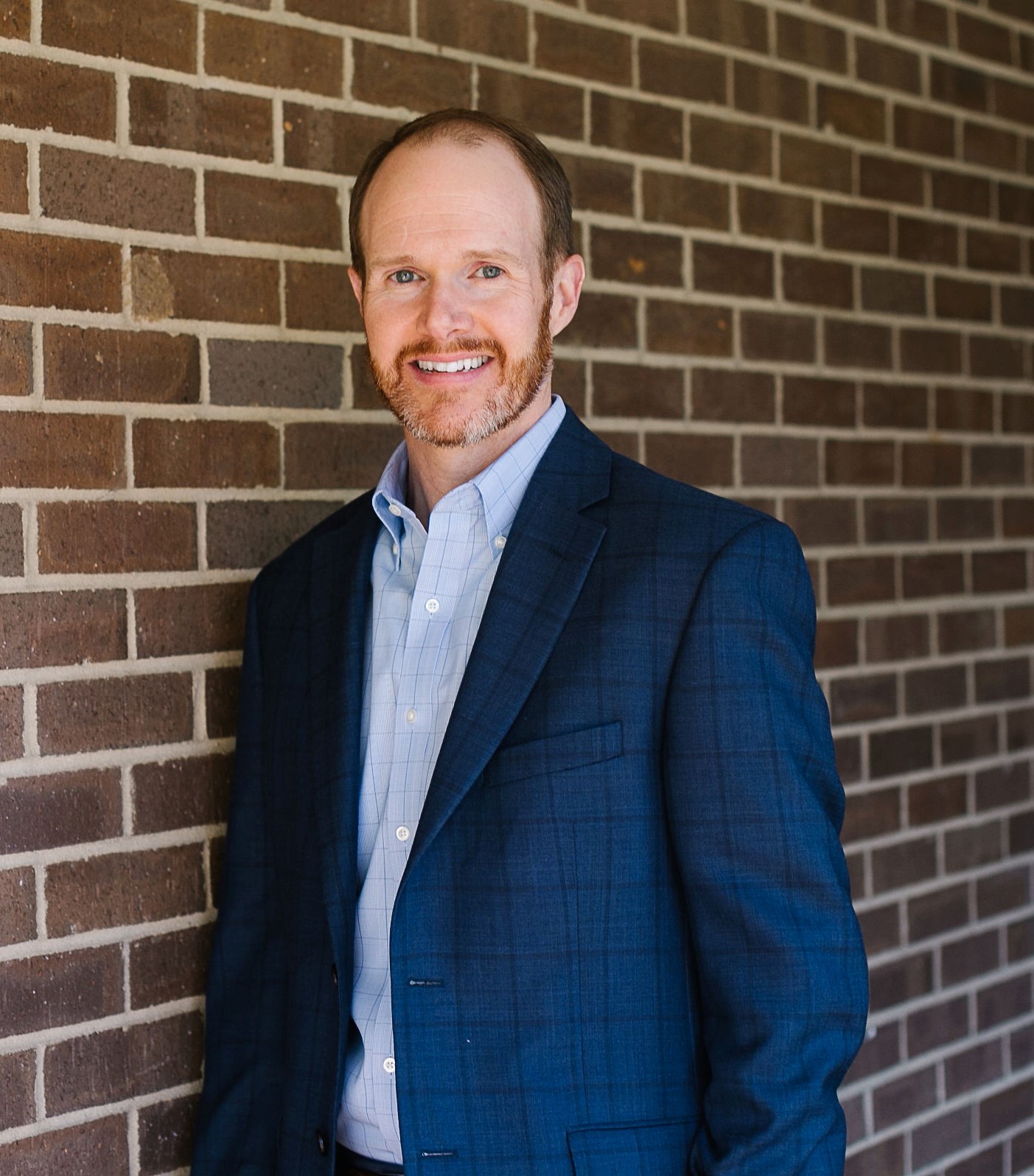Global View Investment Blog
When a Conservative Approach to Investing Doesn’t Work: 5 Retirement Stories
Most investors understand that taking on too much risk can end in financial disaster, but taking too little risk can have the same effect.
Believe it or not, a timid approach to investing can be risky. While rules of thumb suggest that investments to bond funds and cash-like instruments are “safe,” on their own, they can have trouble keeping up with inflation. Sure, there certainly are times when a defensive approach to investing is appropriate, but taking an overly shielded stance at the wrong time can rob you of your long-term buying power.
For example, what if you got a late start to your retirement planning and need to “catch-up” in order to afford the lifestyle you envisioned for your Golden Years? Successful retirement strategies will consider your goals, your needs, your fears and your specific situation.
In our experience at Global View, there are 5 factors that often motivate investors to avoid risky assets. Read the retirement stories below to learn how reassessing those factors can help improve your portfolio performance.
Are you on the right track? Schedule a no-strings-attached conversation with the Global View team and get a second opinion.
Risk Tolerance
Risk tolerance refers to your emotional ability to withstand financial loss. By its very nature, risk tolerance is a personal belief system that may or may not be rooted in factual information.
There’s no doubt that risk tolerance is a component in determining how to allocate the assets in your investment portfolio. However, unfortunately, many investors place too much weight on their risk tolerance versus how much risk they can financially tolerate. Being overly averse to risk can result in limiting your earning potential.
Take “Joe.” Joe is a DIY investor, and he fears the negative outcomes that could occur with an aggressive or even moderate investment strategy. Therefore, he takes a very conservative approach and experiences little loss, but also very little growth.
While Joe’s fears are important to acknowledge, they can skew reality, causing him to overestimate the likelihood of bad outcomes. As the fear of loss rises, the personal utility of riskier investments declines. Because Joe is in his 30s and has decades to retirement, he may not be as vulnerable to risk as he may fear.
One important way that a financial advisor can help Joe is to present factual evidence on the need to balance risks in his portfolio. Proper diversification and asset allocation can improve portfolio performance while actually lowering inflation-adjusted risk. In other words, being overly fearful of short-term loss can cripple your long-term wealth.
Risk Capacity
Risk capacity is different than risk tolerance. Risk capacity is a measure of the investment risks you can afford to take, independent of your emotional response to those risks. In simple terms, risk capacity is the financial ability to recover from the kinds of losses that a particular investment might reasonably incur.
Risk-averse investors may underestimate their risk capacity, a stance that can misalign their investments with the goal of long-term wealth building.
Take “Jill.” Jill is 50 and earns a comfortable salary. She wants to retire in the next 10 to 15 years but got a late start to saving. Like Joe, Jill fears what could happen to her nest egg if she takes an aggressive investing strategy. Clearly, the longer you invest in the market, the more time you have to recover from short-term volatility. Long-term trends and the compounding of returns favor a balanced investment strategy in which you employ a mix of conservative, average and aggressive investments over a wide range of assets. While Jill has less time on her side, she may be able to afford to take on more risk, based on her income and factors such as liquidity, cashflow and her amount of debt, savings and insurance coverage.
For Jill, a financial advisor can help her calculate her true risk capacity, undistorted by emotional biases.
Time Horizon
When it comes to your finances and investing, a long time horizon is five years and longer – that is, you won’t need to spend the money allocated to riskier investments for at least five years. Conservative investing befits a short time horizon – fewer than five years.
A common mistake many investors make is to look upon their retirement date as the end of the race. Depending on your life expectancy, you may live for 20 or 30 years after you retire. Your task is to accumulate enough wealth before and after retirement to ensure you don’t outlive your money.
In the absence of circumstances that limit your life expectancy, it may not make sense to adopt a conservative portfolio just because you plan to retire in the next five years. The proper time horizon to consider can be several decades longer than your actual retirement date. Wealth preservation is important in your post-retirement years, but to preserve it effectively, you may need to continue to hold some riskier investments.
Take “John.” John plans to retire early at age 60 and has longevity in his family, with both parents in their 90s. While preservation is important, John should discuss his time horizon, goals and situation with a financial advisor to determine if a conservative approach is enough to ensure he doesn’t outlive his money in retirement.
Time in the Market
At Global View, we work with many clients who started investing late in life. Whether it’s student debt, growing a family, managing a business or just life in general, short-term goals often take priority.
If you begin investing in your 50s or 60s, you might default to an overly conservative approach, in part due to your unfamiliarity with the dynamics of investing. While getting started late certainly reduces your overall investment time horizon, it’s a mistake to think that you have too little time for anything other than a conservative investment strategy. Leaning on a fiduciary financial advisor to help you make up for lost time can be extremely helpful. The key is not to lose hope but to start your planning now!
If you’re getting closer to retirement and have yet to create a plan, let’s talk! You don’t want to put your financial planning off any longer.
Goals
Wealth growth is not the enemy of wealth preservation. Both exist on an investment continuum, and both should be addressed at every stage of life. Investors who focus exclusively on wealth preservation may find that they are sitting atop a leaky balloon. It’s only through the continued growth of your wealth that you can plug the leak while maintaining your preferred lifestyle. In other words, if you are standing still, you may be falling behind.
Growing your wealth requires staying ahead of your expenses, your post-retirement income and the erosion of buying power caused by inflation. If you devote too much money to preserving your wealth by adopting an overly conservative investment strategy, you might be rudely surprised 5, 10 or 20 years down the road when you face sticker shock at every turn.
At Global View, we believe that a portfolio properly balanced for your individual circumstances should contain elements supporting long-term wealth growth, not only for your benefit but also for that of your heirs. Talk to a financial advisor now about successful retirement strategies that use the right mix of assets, including investments, trusts and insurance products, and let you continue to preserve and grow your wealth while permitting you to sleep well at night.
If you’re currently looking for a financial advisor in the Carolinas, let’s connect.

Written by Joe Hines
Joey's primary focus is working with clients in the goals setting and financial planning process. He has extensive experience is in helping clients facilitate the decision making process, leading them through the implementation of their financial plan and contributing to their peace of mind. This includes helping clients gain an understanding of estate planning, charitable giving, and helping them implement these plans by working closely with estate planning attorneys.
Are you on track for the future you want?
Schedule a free, no-strings-attached portfolio review today.
Talk With Us






